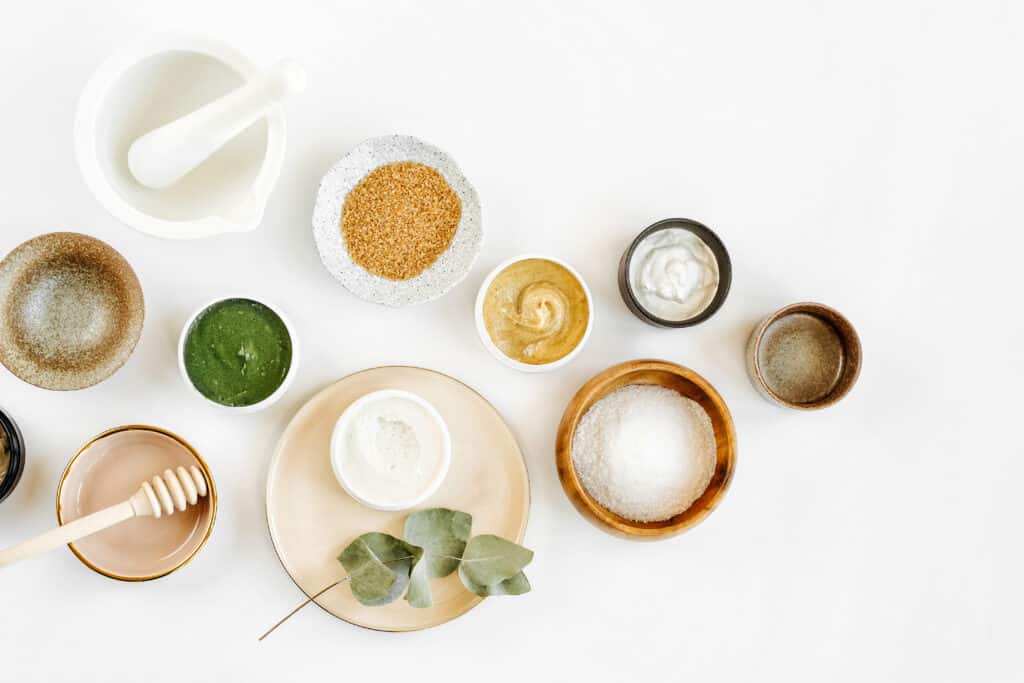Natural remedies have been a cornerstone of health and wellness for centuries. These age-old treatments are returning with the growing interest in holistic health practices. People increasingly seek alternatives to conventional medicine to avoid side effects and enhance their overall well-being. One alternative approach is Functional Medicine, which strongly emphasizes identifying the underlying causes of health problems and addressing them with customized treatment. Adopting natural remedies aligns well with this philosophy, promoting a comprehensive and natural way to achieve optimal health. Rather than merely masking symptoms, natural remedies aim to address the underlying issues, providing more sustainable results.
The Science Behind Plant-Based Treatments
Many natural remedies are backed by science, making them a reliable alternative or complement to conventional treatments. Studies have shown that certain plants and herbs possess potent healing properties. For instance, research on turmeric suggests that it possesses antioxidant and anti-inflammatory properties that may be used to treat chronic pain and arthritic disorders. Curcumin, a substance found in turmeric, lowers inflammatory indicators in the body and eases persistent pain. Similarly, ginger has been extensively researched and proven to aid digestive health by reducing nausea and improving gut motility. These examples demonstrate that natural remedies like plant-based treatments can be effective and scientifically validated, offering a credible option for managing various health conditions.
Common Natural Remedies for Everyday Ailments
- Ginger: Effective for nausea and digestive issues, ginger has been used traditionally and supported by modern research. Its active compounds, gingerols, and shogaols, help soothe the digestive tract and reduce nausea, making it a go-to remedy for morning sickness and gastrointestinal distress.
- Lavender: Useful for stress relief and improving sleep quality, lavender’s soothing aroma can help relax the mind. Essential oils extracted from lavender have been shown to reduce anxiety and improve sleep patterns, making it an effective natural remedy for those experiencing insomnia or high stress.
- Aloe Vera: Great for skin conditions and minor burns, aloe vera helps soothe and heal the skin. Its gel contains compounds like aloin and polysaccharides that have anti-inflammatory properties, making it beneficial for treating sunburns, cuts, and other skin irritations.
- Echinacea: Echinacea, which is well known for strengthening immunity, can help ward off colds and other illnesses. Studies have shown that it increases the body’s capacity to fend off infections and shortens the duration of colds by stimulating the creation of white blood cells.
How to Include Natural Treatments in Your Daily Routine
Incorporating natural remedies into your daily routine can be simple and rewarding. Start by adding herbs to your meals, using essential oils for stress management, and prioritizing a diet rich in plant-based nutrients. Ensuring the sources of your natural remedies are of high quality improves their efficacy and safety. For instance, purchasing organic herbs and essential oils can minimize the risk of pesticide exposure and ensure you’re getting the most potent and effective products.
Dietary Changes
A whole-food diet rich in various fruits, vegetables, nuts, seeds, and whole grains provides the foundation for using natural medications. Consuming these nutrient-dense foods promotes overall health and can prevent many chronic conditions. Adding superfoods like turmeric and ginger to your daily meals can also be beneficial. For example, adding freshly grated ginger to a stir-fry enhances flavor and provides anti-inflammatory benefits.
Stress Management
Lavender and chamomile are essential oils that can induce calm and alleviate tension. These remedies can be administered directly or utilized in diffusers. Yoga and meditation are examples of mindfulness exercises that enhance their benefits. Aromatherapy reduces cortisol levels, a stress hormone, leading to a more relaxed state of mind. Combining these natural remedies with mindfulness can create a synergistic approach to stress management.
Potential Risks and Considerations
While natural remedies can be highly beneficial, using them correctly is essential. Adverse consequences may result from misuse or overuse. For instance, despite its benefits, turmeric should be consumed in moderation as high doses could cause digestive issues. It is always wise to gradually introduce any new herb or supplement into your routine and observe how your body responds. Awareness of potential contraindications is essential because specific natural therapies might interact with medicines. Research each remedy thoroughly and consult a healthcare provider to ensure its safe use.
Consulting with Healthcare Professionals
Consult with healthcare professionals before starting any new natural treatment to ensure it doesn’t interfere with ongoing treatments or medications. This is especially important for those with pre-existing conditions, pregnant or nursing women, and those with pre-existing conditions. They may also help determine the appropriate amounts and timing for using natural medications in a wellness plan, ensuring their safety and effectiveness.
Conclusion
Natural remedies are a valuable option for holistic health enhancement. They can promote a healthier lifestyle, addressing both physical and emotional well-being. However, it’s essential to use them with caution and professional guidance. Integrating natural remedies into modern wellness practices can provide a holistic approach to health, making them a valuable part of a comprehensive health regimen.





